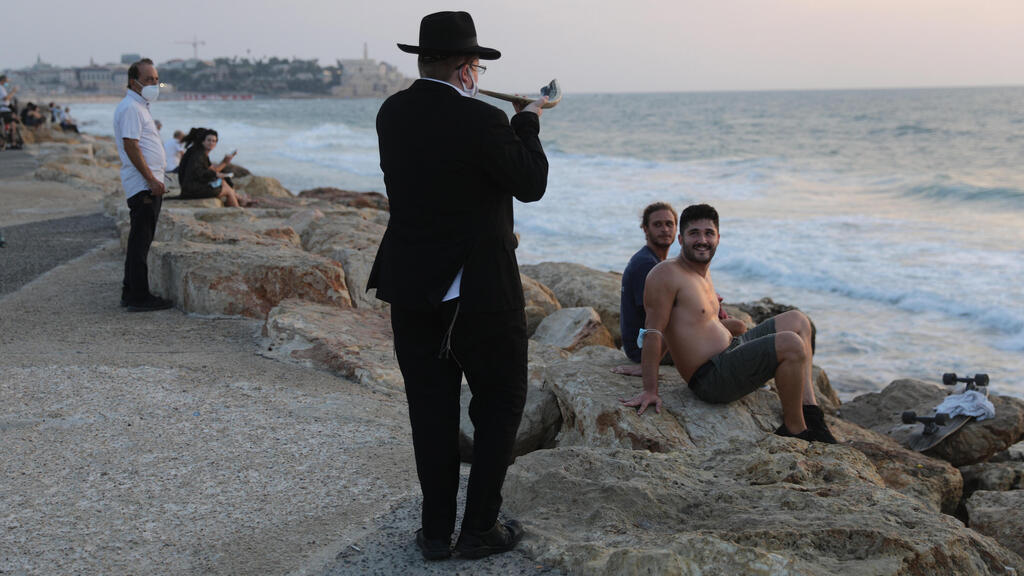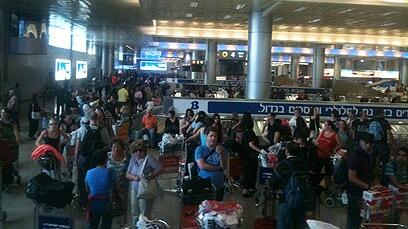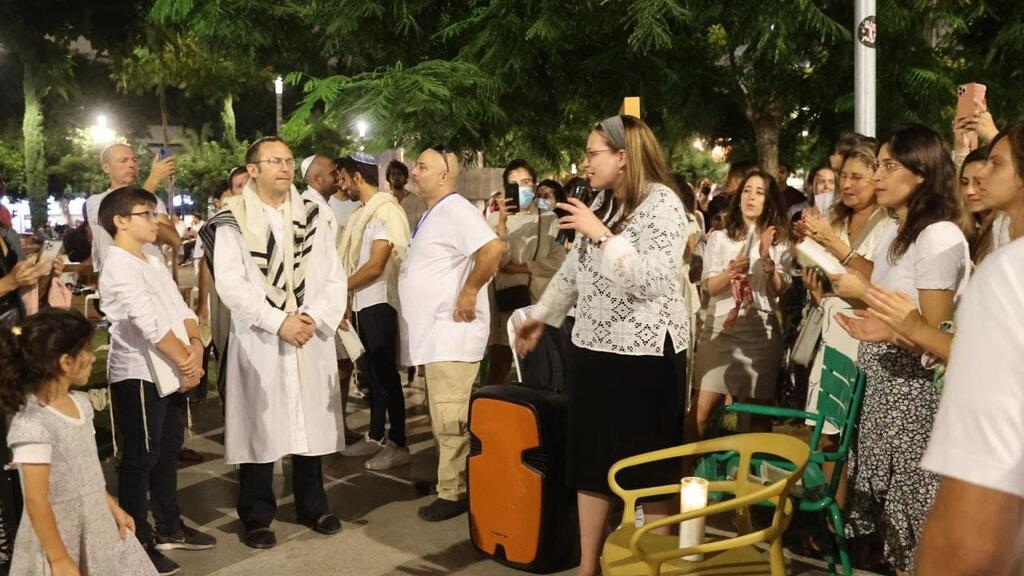The endless rounds of elections have led to neglect of the principle topics in politics, those which the very existence of Israel depends upon: ideology, morals, and ideas. Instead, these building blocks have been replaced by an obsession for hatred, creating a new reality.
One of the topics that fuels this new hate-filled reality is the issue of religion and state. It goes beyond the matters of religious coercion, kosher certificates, etc. This is an issue that affects almost every other aspect of our lives, whether it be the West Bank riots or the Nation-State Law. The nature of our existence as a Jewish and democratic state is dependent on maintaining a status quo.
Sociologists claim that collective tradition is a necessary condition for the existence of a society. Shin Bet chief Ronen Bar was right when in a recent speech he warned against the danger of division and polarization, along with the destruction of common, historical attributes. The issue of religion and state, at its core, goes hand in hand with the building blocks of our culture.
The upcoming Jewish High Holidays offer a chance to examine our common attributes, which are indeed falling apart.
Our calendar is more than just a functional chronological tool - it represents our culture and society's priorities. When a society renders a certain day culturally significant, it will put it in a calendar, anchoring a collective tradition.
3 View gallery


An Orthodox Jewish man blows the shofar as he performs a Tashlich Prayer at the beach during Jewish holiday of Rosh Hashanah in Tel Aviv
(Photo: EPA)
The marking of certain dates acts as a crucial condition for society's existence. We must examine if we actually bestow significance upon our holidays. Are we aware of the principles and lessons the holidays are supposed to teach us?
Unfortunately, the division we are facing is gnawing away at our cultural treasures. Currently, the Israeli calendar exists alongside the religious, Jewish calendar. For many of us, the month of Av, is equivalent to the month of August, and Elul to September. The holidays have become mostly a time to gather around a table full of food and take a vacation.
While this is a generalization, we must not ignore this growing trend. We no longer see the calendar as something that shapes our culture.
3 View gallery


Passengers at a crowded Ben-Gurion Airport ahead of the Rosh Hashanah holiday
(Photo: Archive)
In order to avoid slipping down this slippery slope of dwindling collective attributes, we must bring back the issue of religion and state to the forefront. To put aside for now the institutional influence of rabbis, religious parties and petty politics, and take the bull by the horns.
We should remind ourselves that Jewish culture and tradition do not necessarily belong only to the religious world. We need to get out of the narrow-minded perspective that you have a hint of affinity to Judaism and tradition, you must make it clear you are not religious to be cool. We need leaders who are not ashamed to tackle the challenge of creating collective culture and tradition through education, media, and the legal system.
With Rosh Hashana and Yom Kippur fast approaching, we have a window of opportunity to examine the truly important question - who are we, and for what purpose do we get up every morning specifically in this small, Jewish state we call Israel?


